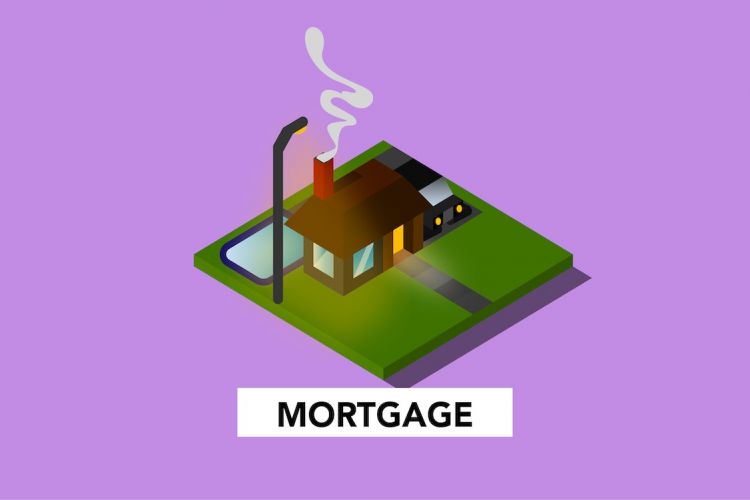
Hard Money Financing A Stopgap Solution For Those Seeking Alternative Funding Sources
The 2007-2008 Great Recession was one of the most significant financial crises in modern history, causing widespread economic distress and leaving banks cautious about lending. As traditional lenders tightened their lending standards, individuals and businesses faced difficulties accessing credit. In this challenging environment, hard money financing emerged as a stopgap solution, offering a glimmer of hope for those seeking alternative funding sources.
Understanding Hard Money Financing
Hard money financing, also known as private money lending, is a form of asset-based borrowing that relies on the value of a tangible asset, typically real estate, as collateral. Unlike traditional loans, which heavily rely on borrowers' creditworthiness, hard money loans are primarily based on the value of the property offered as collateral.
These loans are typically provided by private investors or small lending companies, and the terms and conditions can vary significantly from conventional bank loans. The interest rates on hard money loans tend to be higher, reflecting the increased risk taken on by the lender, as well as the speed and flexibility offered to borrowers.
The Great Recession and the Drying Up of Traditional Credit
When the Great Recession hit, the housing market took a severe blow, with plummeting property values leading to a wave of foreclosures and defaults. Banks and traditional lending institutions suffered significant losses, prompting them to become more risk-averse. As a result, they tightened lending criteria, making it difficult for many borrowers, especially those with less-than-perfect credit, to secure loans.
Businesses faced similar challenges. With the economy in turmoil, banks became hesitant to extend credit to small and medium-sized enterprises (SMEs) due to their vulnerability to economic downturns.
The Rise of Hard Money Financing
Amidst the credit crunch and restricted access to capital, hard money financing started to gain traction. For borrowers who couldn't qualify for traditional loans, hard money offered a glimmer of hope, albeit at a higher cost.
Hard money lenders/brokers were willing to look beyond borrowers' credit scores and instead focused on the collateral's value, usually real estate. This asset-based approach allowed borrowers with distressed credit histories to access funds for various purposes, including property investments, home renovations, and business expansion.
The Benefits and Drawbacks of Hard Money Financing
Speed and Accessibility: One of the significant advantages of hard money loans during the Great Recession was the speed of funding. Private lenders were often able to process loan applications and disburse funds much faster than traditional banks, providing a critical advantage for borrowers facing urgent financial needs.
Flexibility: Hard money lenders were often more flexible in negotiating loan terms compared to traditional banks. This flexibility allowed borrowers to tailor loan agreements to their specific needs, which could be especially beneficial for real estate investors seeking quick acquisition and renovation financing.
High Interest Rates and Costs: The primary drawback of hard money financing is the significantly higher interest rates compared to traditional loans. Borrowers often had to pay a premium for the speed and convenience of these loans. Additionally, borrowers typically faced higher origination fees and closing costs, adding to the overall expense.
Shorter Loan Terms: Hard money loans usually came with shorter repayment periods, ranging from a few months to a few years. For some borrowers, this short-term structure was ideal, but it could also lead to challenges for those unable to secure more traditional financing when the loan came due.
Hard money financing emerged as a stopgap solution during the 2007 Great Recession, providing much-needed access to capital for individuals and businesses when banks stopped lending. Although hard money loans offered speed and flexibility, they also came with higher interest rates and shorter repayment terms, making them a viable option for specific financial needs during the economic downturn. As the economy stabilized and lending conditions improved, the demand for hard money financing gradually subsided, and traditional lending channels regained their prominence.
For more information on our Hard Money Loans or Trust Deed Investments, call our office at 714.838.1474 ext. 102 or visit our:www.hanovermc.com